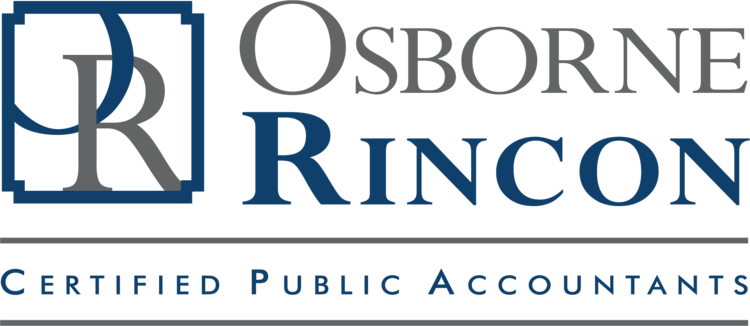By: Robert Hendrix, CPA, MBA, Audit Manager, Osborne Rincon CPAs
With the majority of golf clubs being re-opened in the past couple of weeks, it seems apropos that the IRS would be updating the regulations on how taxes will be computed on the private social and golf clubs.
In general, private clubs are considered exempt from income taxes except for income derived from unrelated activities including greens fees, meals, equipment rentals or purchases and facility rentals by non-members.
With costs increasing and Boards not wanting to raise dues – and now with a pandemic to boot – clubs are trying to find ways of increasing revenues. Encouraging non-members to use the facilities seems to be a tempting way to fill that void.
Before the latest update, club controllers had to maintain three separate profit and loss statements for its member, non-member and investment revenue. With the aggregate income from all of the non-member activities being pooled together with expenses, this creates an amount that clubs would pay tax on. The changes that have been proposed will create a nightmare for controllers and will have clubs taking a second look on the value of bringing in non-member revenue.
The changes may consist of the following:
· Separate Accounting for Each Activity: No longer will clubs have just three profit and loss statements. It is proposed that clubs will now have to create a profit and loss for each separate activity. That means that a club would take greens fees as a separate business from food and beverage, tennis activities, pickleball, facility rentals, investments, etc. The losses from one of these activities will not be able to offset income from any other activity.
· Gross-to-Gross Method Abolished: Clubs have traditionally been able to use the gross-to-gross method to allocate expenses to an activity. Example: If food and beverage reported a loss in its total operations, it was deemed reasonable to take the same loss percentage to the non-member revenue. This may no longer be deemed a reasonable method to use.
These changes will most likely generate cause for activities that were previously not being taxed to ones that may have high tax consequences. This change has not been finalized, but could go into effect this year. Since the IRS has been wanting to make these changes for a while, it doesn’t appear that they will be going away. Be sure you have a knowledgeable tax professional to guide you through these changes.
For more information call Osborne Rincon CPAs at 442-307-5512
